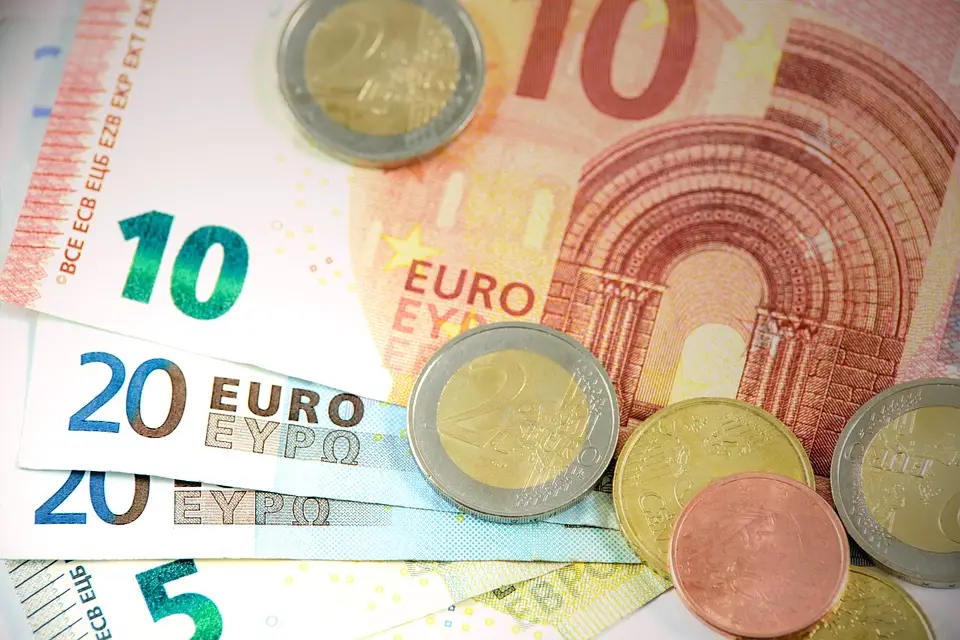As Poslovni Dnevnik writes, due to the imminent introduction of the euro as Croatia’s official currency, numerous Croatian laws are being adjusted, the changes of which require to be put through at an urgent procedure due to quickly approaching deadlines.
Over the coming days, the draft proposal for changes to the Law on Value Added Tax will be publicly discussed, and in addition to the provisions that are being changed due to the switch to the euro, the already announced extension of the application of a reduced VAT rate, which should alleviate inflationary pressures and the negative impact on growth, is included in the same package. The latter should have a positive influence on the price of energy and the standards of people and of the overall economy.
At a rate of 5 percent, the supply of heating from thermal stations with accompanying fees, as well as the supply of firewood, pellets, briquettes and wood chips will be taxed in the period from the entry into force of the amendments to the Act until March the 31st next year.
When it comes to changes in the Croatian laws directly related to the imminent introduction of the euro in January, adjustments related to, for example, the threshold for the acquisition of goods within the European Union (EU), the threshold for registration in the register of VAT payers, the value of deliveries up to which a taxpayer can be a quarterly VAT payer and similar items are implied.
As part of the assessment of the effects of the legal changes, which the Ministry of Finance forwarded to the e-consultation, it has been stated that “it isn’t possible to predict the timing of the full achievement of the outcome, but certain effects in the form of easing price increases are expected after the entry into force of the proposed provisions.”
By extending the application of the reduced VAT rate, enterprises who supply the aforementioned energy products will be taxed at a flat 5 percent rate, with the fact that they will need to independently decide how to direct the difference caused by the reduced rate.
“Since companies are free to set their own market prices, there’s a possibility to maintain the same price levels we’ve got now,” the explanation stated.
For more, make sure to check out our dedicated politics section.











